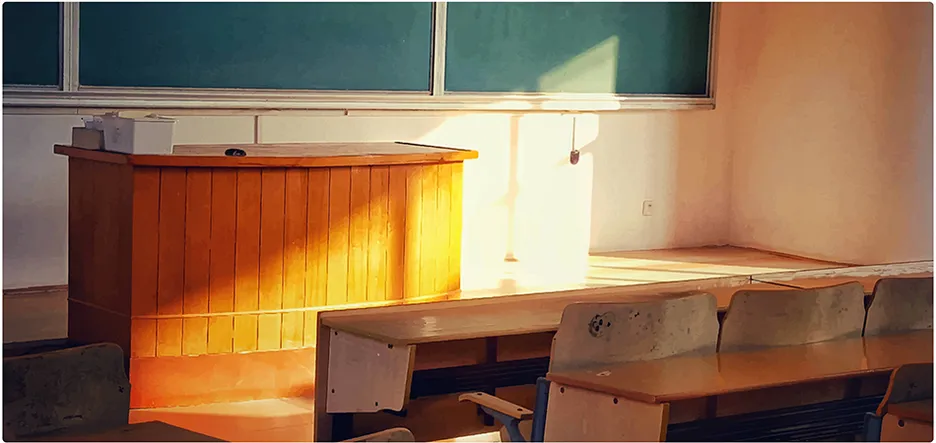
Teaching
Please find below information on different courses that are taught. Please check the Openings page if you are interested in research interships, bachelor theses, master theses, or positions for PhD students.
Packaging technology (Verpackungstechnik - Grundlagen)
Course description coming soon ...
All relevant course information (location, time, exam dates, etc.) will be made available on on Moodle.
More details coming soon ...
Food Sciences Seminar (Lebensmittelwissenschaftliches Seminar)
The Food Science Seminar is organized by the Chair of Process Systems Engineering and aimed at students in the MSc programs. The seminar will cover various different topic in food technology and the food sciences. The topics are offered by the participating chairs. We are participating in the Food Science Seminar and supervision for the following topics will be offered by us in the fall term (WS 2022/23):
- Biopolymers as Packaging Materials for Food
- Cellulose Composites as Packaging Materials
- Modern Approaches toward Recyclable Commodity Plastics
Please contact us if one of these topics is of interest to you and if you would like to register.
Participation in the seminar includes independent literature research on the topic of your choice, the preparation of a written whitepaper (approx. 20 pages), and a 20-minute seminar presentation on the topic. The work on the respective topics is carried out on a theoretical level and in consultation with the supervisors. The presentations on the topic will be held on a seminar day, which will presumably take place in February 2023.
in case of general questions about the seminar, please contact the organizers at the Chair of Process Systems Engineering. All relevant course information (location, time, exam dates, etc.) will be made available on Moodle.
Introduction to Materials Science (Werkstoffkunde)
The choice of a material and a fundamental understanding of the structure-property relationships in materials science plays a very important role in a wide range of fields, including in process engineering, food processing, packaging, or life science engineering. It is therefore important to build a basic understanding about the structure and properties of different classes of materials. In this course, we will learn about different materials classes, how the structuration relates to properties, and how materials behave under different types of load. In addition to basics such as phase diagrams and the structure of crystalline solids, the production and properties of metallic materials, materials made of plastics, ceramics, and composite materials will be discussed. The aim is to provide a fundamental understanding of the behavior of materials and to provide guidlines for the selection of the right material for the different types of applications.
All relevant course information (location, time, exam dates, etc.) will be made available on Moodle.
More details coming soon ...
Coming soon ...
More details on courses offered in the spring term (SoS 2023) will be coming soon ...
Basic Polymer Chemistry (Grundlagen der Makromolekular Chemie)
A lecture that covers basic aspects of polymer science. An overview of the chemical synthetic methods for the preparation of macromolecules is provided. This is complemented with a discussion of the topics that govern the behavior of polymers in solution and in the solid state, from structure formation to materials science.
Topics in polymer synthesis include step-growth reaction, chain-growth reactions, radical polymerisations, formation of co-polymers, polymerisation processes, ionic polymerisations, controlled radical reactions, polyinsertions, post-polymerization modifications.
Topics in polymer physics and materials science include chain conformations, chain models, mixture thermodynamics, molecular mass determination methods, polymer analysis, and viscoelasticity.
Chemistry of Macromolecular Materials (Chemie von Makromolekularen Materialien)
The lecture covers aspects of polymer synthesis and combines the synthetic approach with a more detailed discussion of the structure-property relationships of polymers. Different classes of polymers are discussed and examples are provided that showcase of the structure of the macromolecules relates to materials properties.
Soft Matter and Bio Nanosciences (Weiche Materie und BioNanowissenschaften)
This advanced course provides an overview of modern aspects of polymer science. Topics include the fundamental forces and interactions that govern (macro)molecular self-assembly, different classes of molecular and macromolecular building blocks, modern synthetic methods that allow to convert molecules into materials, examples of biobased and bioinspired materials systems, examples of advanced functional materials, and adaptive and responsive polymer systems.
Functional Materials (Funktionsmaterialien)
Advanced lecture on modern functional materials. Includes topics such as materials for battery technology, light-responsive molecular systems, and functional polymer materials.